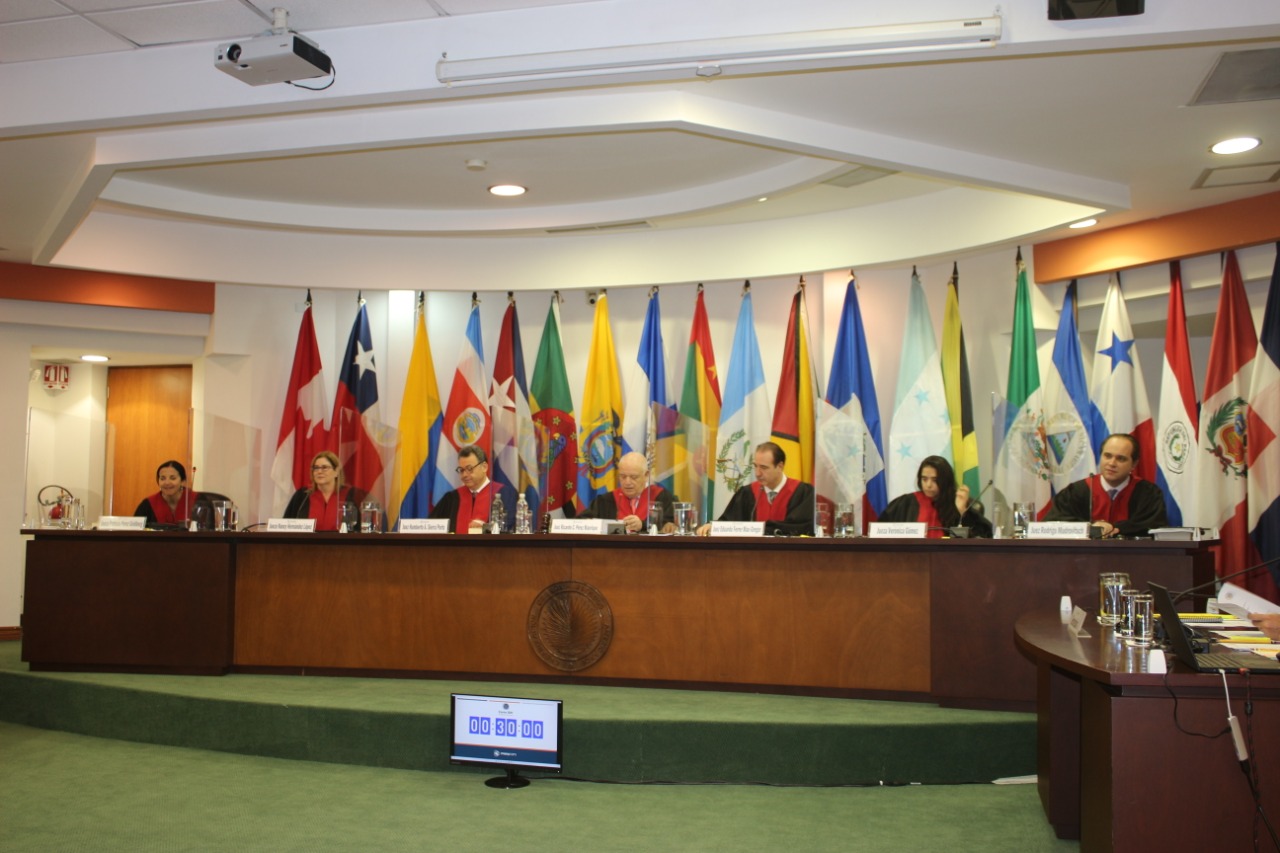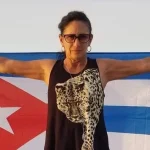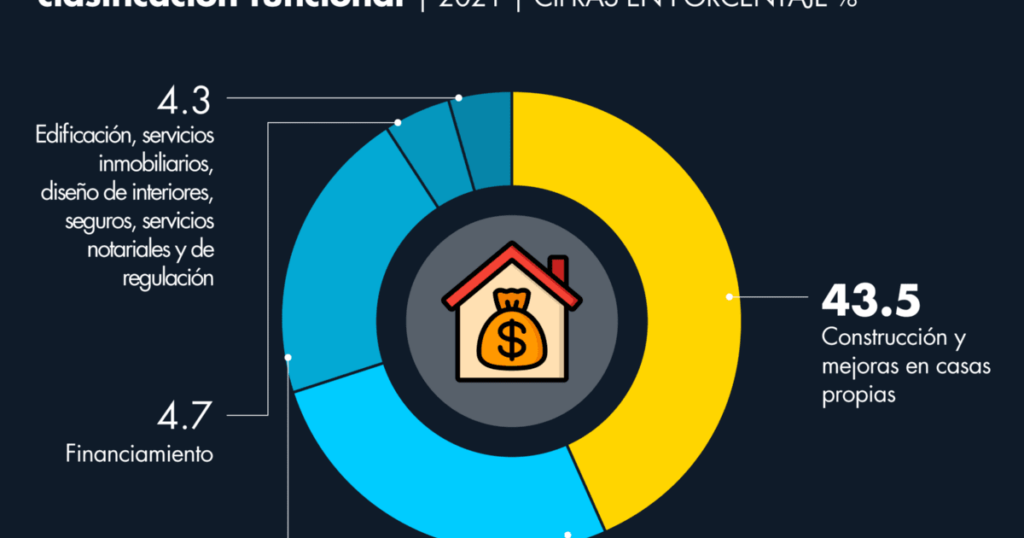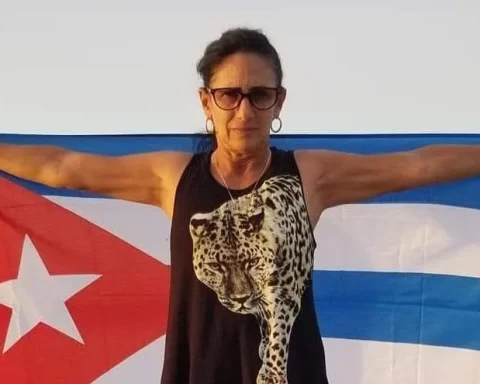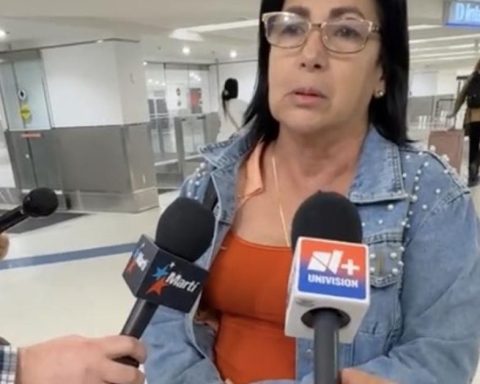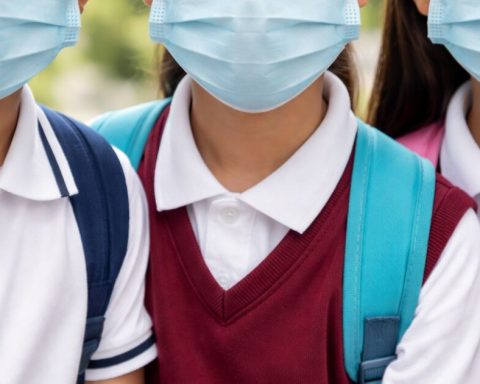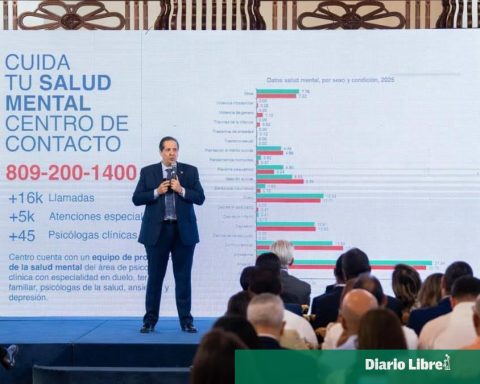Before the declaration of the Inter-American Court of Human Rights (I/A Court HR) that points to the State of Nicaragua in “permanent contempt”, the defenders Vilma Núñez and Carlos Guadamuz assure that this resolution by the organization leaves the country bad internationally and reaffirms that something serious is happening with human rights.
The resolution of the Inter-American Court was motivated by the regime’s non-compliance with the provisional measures adopted for the protection of 46 people that the dictatorship has deprived of their freedom and keeps them in their jails.
In its resolution, the Court indicates that the position assumed by Nicaragua and the effective non-observance of what was ordered in the resolutions of June 24, September 9, November 4 and 22, 2021; and May 25 and October 4, 2022, constitutes an act of “permanent contempt for the binding nature of the decisions issued by the Court.”
Related news: Ortega “contempts” the DD. H H. by contempt of the Inter-American Court
“(This is) contrary to the international principle of complying with their conventional obligations in good faith and a breach of the duty to inform the Court, which puts them in a situation of absolute lack of protection and increases the situation of risk in which the beneficiaries find themselves,” specifies the press release, published by the justice body.
According to the reading of Vilma Núñez, lawyer and president of the Nicaraguan Center for Human Rights, Cenidh, —an organization canceled by the regime—, the resolutions admitted by the Inter-American Court seek the benefit of persons deprived of liberty. For the defender, the fact that the court has declared Nicaragua in contempt is not new, but what is new is the “permanent” classification.
“All the permanent contempt of Nicaragua, the Inter-American Court will inform the OAS General Assembly so that it adopts and invokes the duty of collective compliance with the resolutions of the bodies for the protection of human rights, it also invokes the obligation to the States to promote institutional actions to force the State of Nicaragua to comply”, emphasizes Núñez.
The president of Cenidh describes the resolution as “forceful” and says that in terms of protection of human rights an achievement is being obtained, it is a “milestone”. She, in turn, refers to Nicaragua’s non-compliance making it a “pariah state.”
extreme gravity
For his part, the lawyer from the Nicaragua Never Again Human Rights Collective, Carlos Guadamuz, said that the fact that the Ortega regime did not comply with the resolution demonstrates “the extreme seriousness and urgency with which these measures were adopted, since the people imprisoned politicians have been subjected to true acts of torture that compromise their physical and psychological health, as well as the safety of their family.”
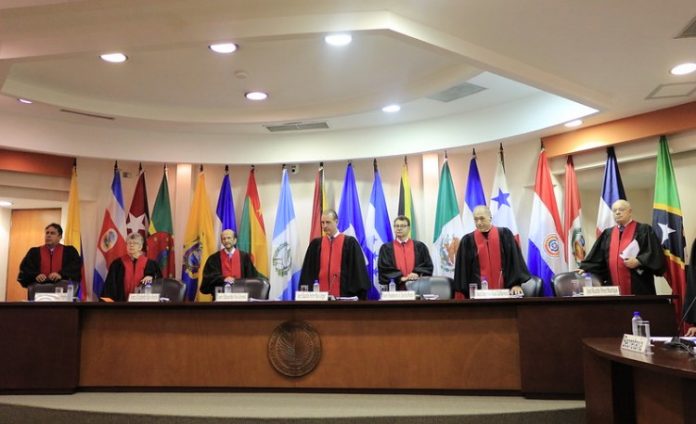
It indicates that “it shows the contempt for the entire human rights protection system that is in force in the inter-American region”; and adds that the resolutions issued by the Inter-American Court of Human Rights are “unavoidable compliance”, because Article 46 of the Political Constitution of Nicaragua “recognizes it as such”.
It also explains that, the fact that the court has established the Principle of the Collective Guarantee Notion, this would oblige the officials of the Inter-American Court to inform all the governments of the American States of this contempt so that “ adopt their unilateral or multilateral measures for the purpose of enforcing the resolution”.
Request to report the contempt
Along the same lines, the court instructed the president of the Inter-American Court to submit a report to the Permanent Council of the Organization of American States (OAS) on the situation of permanent contempt and absolute lack of protection in which the beneficiaries of the measures find themselves. provisional.
In the Resolution, the statement says, the court urges the OAS Permanent Council to follow up on non-compliance with the Provisional Measures, in application of the collective guarantee, as an obligation aimed at ensuring the effectiveness of the American Convention.
Related news: I/A Court HR condemns the absolute lack of protection suffered by political prisoners in Nicaragua
In addition, it indicates that the resolution has been notified to the State of Nicaragua, the Inter-American Commission on Human Rights, IACHR, the representatives of the beneficiaries, the General Secretariat of the Organization of American States and the president of the Permanent Council of the OAS.
The resolutions of the Inter-American Court
It should be noted that the resolution of the Inter-American Court to which it refers, is from June 24, 2021, in which it required the State of Nicaragua, in this case ruling by the regime of Daniel Ortega and Rosario Murillo, to “proceed for the immediate release of Messrs. Juan Sebastián Chamorro, José Adán Aguerri, Félix Maradiaga, and Violeta Granera”.
The following resolution of September 9, 2021 was added to the adoption of urgent measures in favor of Daisy Tamara Dávila Rivas, her family nucleus; also Lesther Alemán and Freddy Navas.
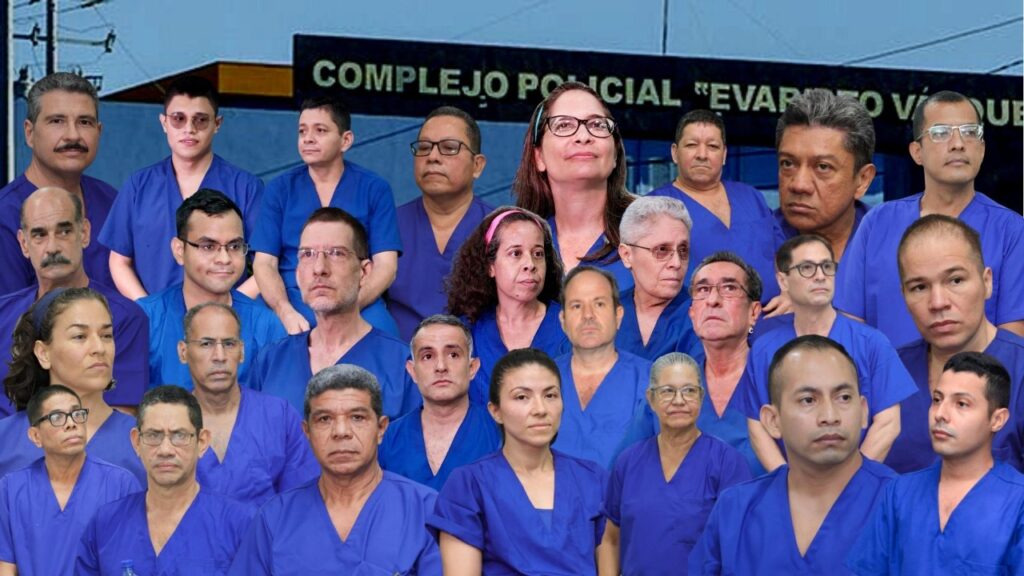
On November 4 of that year, another resolution was adopted that included Cristiana María Chamorro Barrios; Pedro Joaquin Chamorro Barrios; Walter Antonio Gomez Silva; Marcos Antonio Fletes Helmet; Lourdes Arróliga; Pedro Salvador Vasquez Cortedano; Arturo Jose Cruz Sequeira; Luis Alberto Rivas Anduray; Miguel de los Angeles Mora Barberena; Dora Maria Tellez Arguello; Ana Margarita Vijil Gurdian; Suyén Barahona Cuán; Jorge Hugo Torres Jimenez; Víctor Hugo Tinoco Fonseca, José Bernard Pallais Arana and their families in Nicaragua.
Another resolution adopted on May 25, 2022 extends the Provisional Measures for Michael Edwing Healy Lacayo, Álvaro Javier Vargas Duarte, Medardo Mairena Sequeira, Pedro Joaquín Mena Amador, Jaime José Arellano Arana, Miguel Ángel Mendoza Urbina, Mauricio José Díaz Dávila, Max Isaac Jerez Meza and Edgar Francisco Parrales, and to immediately adopt the necessary measures to effectively protect the life, integrity and freedom of the aforementioned persons and their family nuclei in Nicaragua.
In the most recent, on October 4, 2022, the Inter-American Court ordered the granting of provisional measures in favor of 45 people deprived of their liberty in eight detention centers and their family nuclei in Nicaragua.
Said persons are Jhon Cristopher Cerna Zúñiga; Fanor Alejandro Ramos; Edwin Antonio Hernandez Figueroa; Victor Manuel Soza Herrera; Michael Rodrigo Samorio Anderson; Nestor Eduardo Montealto Núñez; Francisco Xavier Pineda Guatemala; Manuel de Jesus Sobalvarro Bravo; Richard Alexander Saavedra Cedeño; Luis Carlos Valle Tinoco; Victor Manuel Diaz Perez; Nilson Jose Membreño; Edward Enrique Lacayo Rodriguez; Maycol Antonio Arce; Maria Esperanza Sanchez Garcia; Karla Vanessa Escobar Maldonado; Samuel Enrique Gonzalez; Mauricio Javier Valencia Mendoza; Jorge Adolfo Garcia Arancibia; Leyving Eliezer Chavarria; Carlos Antonio Lopez Cano; Lester Jose Selva; Eliseo de Jesus Castro Baltodano; Kevin Roberto Solis; Jose Manuel Urbina Lara; Benjamin Ernesto Gutierrez Collado; Yubrank Miguel Suazo Herrera; Yoel Ibzan Sandino Ibarra; Jose Alejandro Quintanilla Hernandez; Marvin Antonio Castellón Ubilla; Lazaro Ernesto Rivas Perez; Gustavo Adolfo Mendoza Beteta; Denis Antonio Garcia Jiron; Danny de los Angeles Garcia Gonzalez; Steven Moises Mendoza; Wilber Antonio Prado Gutierrez; Walter Antonio Montenegro Rivera; Max Alfredo Silva Rivas; Gabriel Renán Ramírez Somarriba; Wilfredo Alejandro Brenes Dominguez; Marvin Samir López Ñamendis; Irving Isidro Larios Sanchez; Roger Abel Reyes Barrera; José Antonio Peraza Collado, and Russia Evelyn Pinto Centeno.
In that Resolution, the Court required the State to immediately adopt the necessary measures to effectively protect the life, health, access to food, integrity and personal liberty of the beneficiaries.
More than 200 people deprived of liberty
Currently, the Ortega regime has deprived more than 200 people of their liberty, some since 2018 when they participated in the anti-government protests, and the most recent in 2021 when the controversial presidential elections were held in Nicaragua. Among the wave of arrests are presidential candidates, activists, university students, peasant leaders, businessmen, former diplomats, journalists, media owners, among others.
Those who were arrested in 2021 were sentenced to 10 to 11 years in prison accused of allegedly conspiring to undermine national integrity, a crime that the dictatorship invented to follow opponents. “Those trials should not have existed and these people should not be detained, they should be released immediately,” the defenders recommended.
